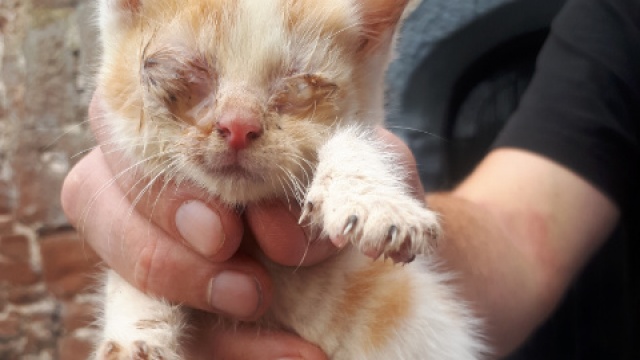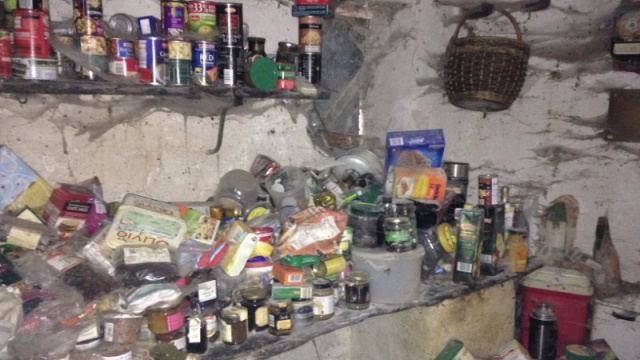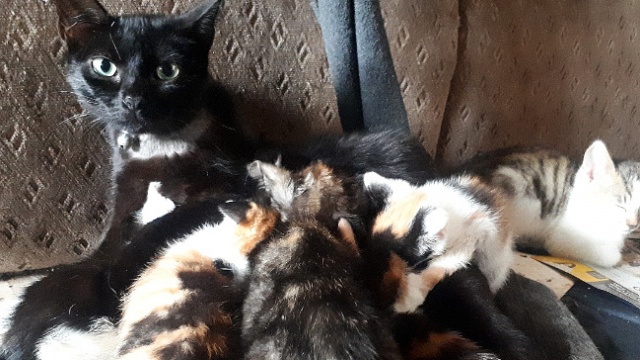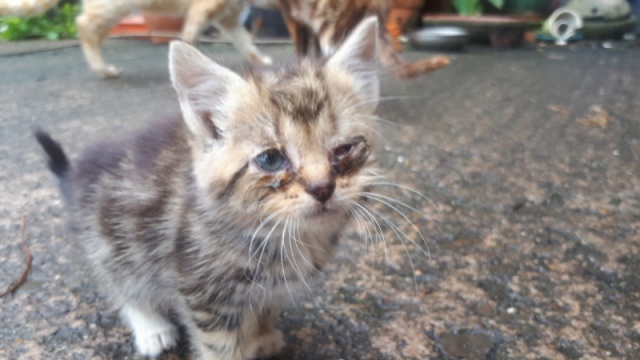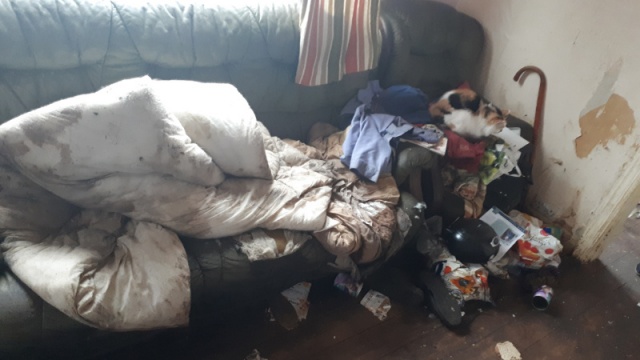Animal Hoarding
Oak Tree Animals’ Charity works closely with support workers, housing officers and social care to provide a non-judgemental, sensitive approach for those who find themselves in a hoarding situation.
Animal hoarding is very much recognised in the same way as if you were hoarding any other object. A multi-pet household becomes a point of concern when the individual has more animals than they can practically care for. This means they cannot meet the basic needs of the animal such as proper nutrition, housing or veterinary care. Often, at this time, the carer is overwhelmed but does not seek support. This not only impacts the welfare of the animals in the property but also the person’s own health and well-being and can even impact those around them.
Almost any animal can be a victim of hoarding. Here at Oak Tree, we often find cats are the most likely animal to be hoarded. The reason for this is that they are often readily available and are easier to conceal. Sadly, this can be very detrimental to a cat’s welfare as they are naturally solitary creatures.
How to recognise animal hoarding?
The Animals
- If you enter a property and animals scatter or are unapproachable, this may be a sign that the owner was not in a position to properly socialise the animals at a young age.
- Some signs of illness or stress in a multi-pet household include:
- Matted coat
- Over grooming
- Loose faeces
- Underweight
- Missing fur
- Runny nose and eyes
- Scratching – If you notice the animal is continuously scratching, it is possible that all animals in the home have fleas which the owner has been unable to treat. This will mean that the entire home is likely to have a flea infestation.
The Home
- A strong smell of ammonia in the home is a sign that the carer may not be able to keep up with the cleaning of litter trays / enclosures / taking animals out doors to go to the toilet.
- In some cases, particularly with cats, walls, units and doors may be scratched and stained from spraying or defecating.
- The home may also be cluttered with lots of empty pet food containers and/or other non-pet related items.
The Owner
- Becoming defensive - Understandably, the owner of the animals will love their pets considerably and will be reluctant to hear that they are struggling. This can be a very delicate and upsetting situation and our team will always be sympathetic and open minded. Our aim is to ensure that both the owner and animals are happy and healthy moving forward.
- Isolation - Once a hoarding case has progressed to the point it is effecting the environment in which the owner and animals live, they may not wish to receive visitors and/or allow people to enter the property to do repairs. At this stage the problem has likely become detrimental to the point where the individual’s welfare is at risk as well as the animals.
If the above sounds familiar, whether it is yourself or someone you know, our Community Team can provide discreet and confidential support. You can contact us by emailing community@oaktreeanimals.org.uk or call 01228 560082 ext.230
How Oak Tree can help
Our Community Team will work to support carers, social workers, housing officers etc. so that we can provide a practical solution which supports the owner of the animals step by step, allowing their daily lives to become more manageable whilst ensuring that the welfare of the animals is not compromised. Every step of the way our team will be open and honest.
Whilst many hoarding cases are the result of obtaining pets from external sources, a majority are due to breeding in the home.
Prevention is cure
Did you know?
- 99% of our hoarding cases are cat related.
- Each female cat can have up to 3 litters per year and can become pregnant as early as four months of age.
How can you help?
- Promote the benefits of neutering your pet to colleagues, clients, friends and family.
- Sign post low income households to organisations such as Oak Tree Animals’ Charity for assistance in the neutering of pets.
- Contact our team as early as possible if you, or someone you know feels overwhelmed. This way, we can prevent a hoarding case from developing.
For further information, contact our Community Team on 01228 560082 ext 228 | community@oaktreeanimals.org.uk
Note: Oak Tree Animals’ Charity is not a law enforcement body and our main aim is to help owners through support and education so that we can get the best result for owners and their pets.
